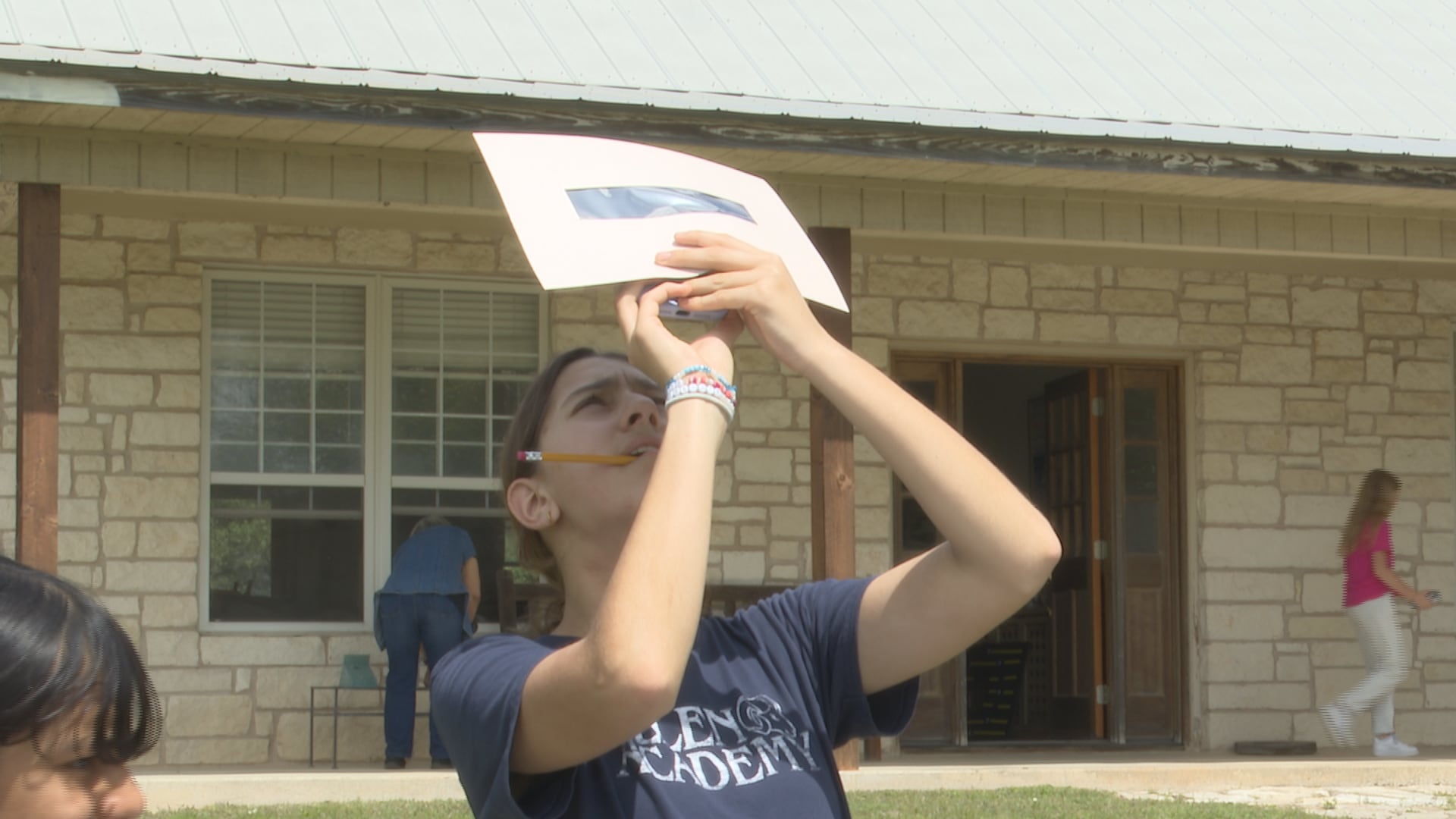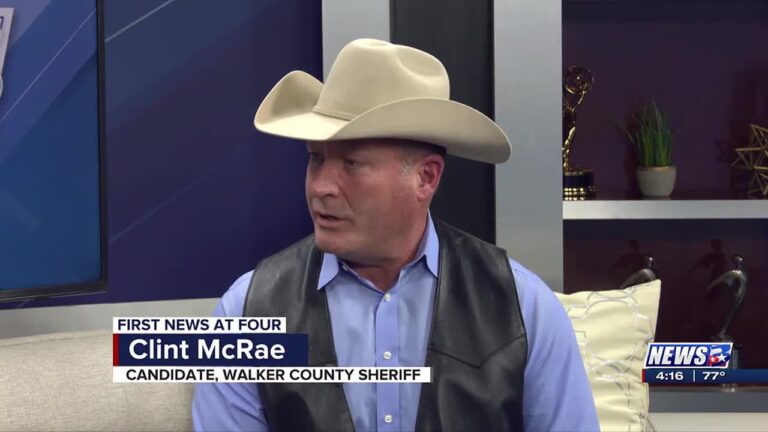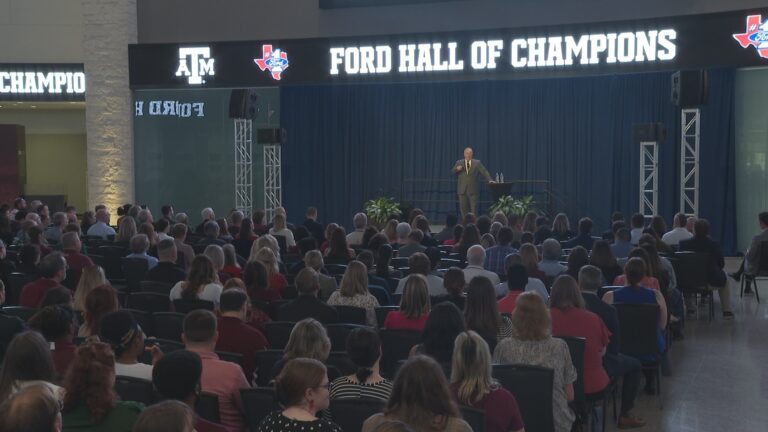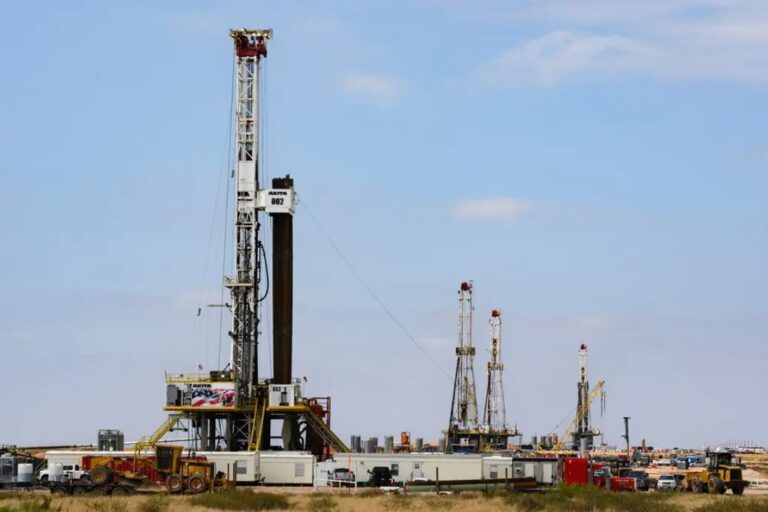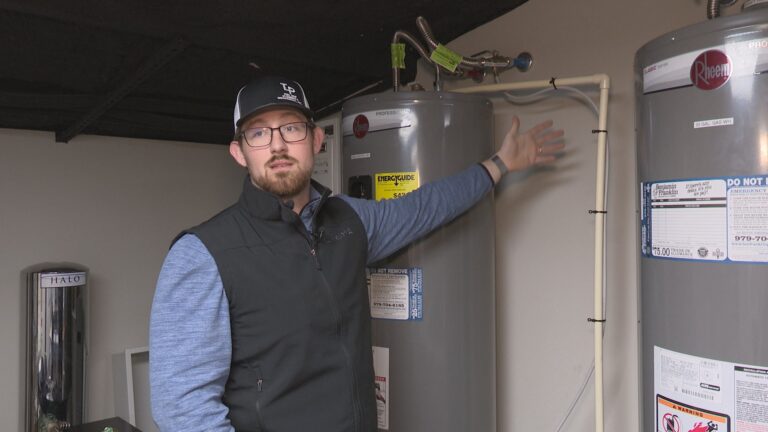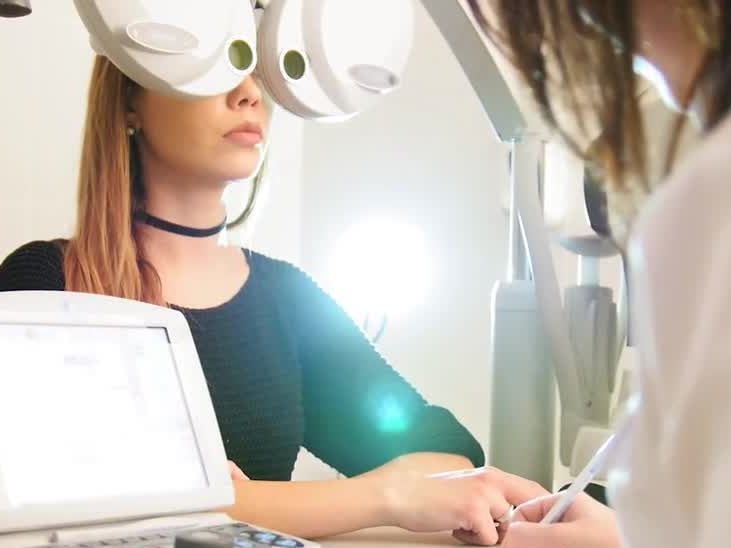Allen Academy student glimpses future with NASA eclipse project
MERIDIAN, Texas (KBTX) – A group of students from Allen Academy spent their day in Meridian, Texas conducting a project around the solar eclipse.
The students applied to be part of this NASA project to study animal behavior before, during, and after the eclipse.
Eighth-grade student Kathy Kolasinski was drawn to the project.
“I love learning about how our universe works because there’s so much and everything no matter how far away it is, is vastly connected and I think that is so cool,” said Kolasinski.
Kathy’s role worked on the voltammetry readings and monitored cloud coverage during the event.
“It means that we are reading how much energy the sun outputs and this is going to change and then we are also graphing that change over separate areas and then how the cloud coverage affects that because it is partly cloudy right now,” said Kolasinski.
The 8th grader is already getting a headstart on her future, her dream job is to one day become a mechanical engineer and work for NASA.
“I think this is like really really cool just seeing people working in the fields that I want to go into,” said Kolasinski.
Science teacher Stephanie Hanover says the students participating in the project also learned the value of teamwork.
“It’s not what you know in science, it is what you do with what you know. How can we work together and use our engineering skills to make it a better place, right?” said Hanover. “And then the empowerment happens. If you can empower 12-year-olds to have the mentality that they know that they can make a difference, at that point, you’re not going to stop them.”
Seraphim Danckaert, head of the school at Allen Academy, says projects like this one help prepare students’ minds for the future.
“One of the most critical things is to get students actually engaged in real-world research, not just the textbook, not just the lab, and working right alongside them even though they are in sixth, seventh, or eighth grade and that’s what creates the next generation of scientists,” said Danckaert.

